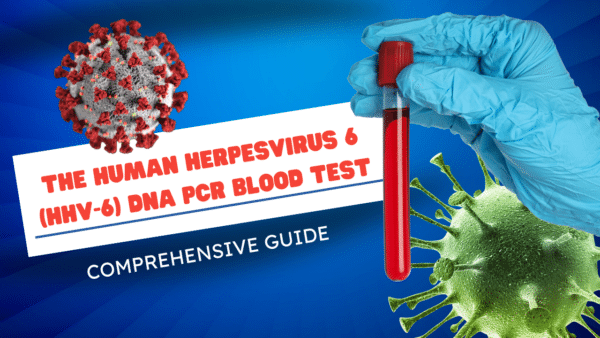Februaury 22, 2010
A few weeks ago, a colleague at work took his baby to the doctor because she wasn’t quite behaving like herself. A few visits later, they hadn’t received a diagnosis, and the doctors suggested they wait at home for the girl to feel better. But the baby just wasn’t right and seemed to be getting worse.
So the two people with the biggest incentive to figure this out — her parents — decided to do their own research. They searched on the Web for their daughter’s symptoms, which included some drooping of her head and looking lethargic and weak. They noticed that “infant botulism” appeared in some of the search results, read about it and thought the descriptions fit just how their daughter was behaving.
They returned to the ER with this information in hand and the doctors agreed that this was probably infant botulism. She was admitted to the hospital, the diagnosis was confirmed, and she was soon getting the specialized treatment required for this often fatal disease.
This is not a story about doctors who should have made an obvious diagnosis. This diagnosis is quite hard, especially because botulism is exceedingly rare: There are only about 100 cases reported in the United States each year. This means most doctors will never see a case, and it’s difficult to think of a diagnosis you’ve never seen.
Indeed, I think the doctors did something terrific. They welcomed the family’s ideas about the diagnosis, the baby was hospitalized for only a few days and she has recovered fully. In most cases, the diagnosis isn’t made until paralysis from the botulism toxin has resulted in difficulty breathing and infants need ICU care and several weeks in the hospital.
The hospital staff told my colleague that this was the earliest case of infant botulism they’d seen.
This is a success story for “participatory” medicine, about patients who decide they need to be fully engaged co-pilots in their care, and doctors who welcome them into the cockpit.
So does this mean everyone should use the Web to guess their own diagnosis or most appropriate treatment, and present their findings to the doctor? Not necessarily. Nor does it mean that the Web is always an easy place to find the right answers.
Indeed, while the Internet may be especially useful for diagnosing rare diseases, it’s also easy to get frightened by serious illnesses when you search for symptoms of a common cold.
Patients as Free Labor
But this does mean we need to change some of our stereotypes. Doctors should welcome research done by patients, instead of the not uncommon reaction: “Oh, boy, here comes someone with printouts from the Internet. Now I have to convince them to stop worrying about everything they just read.”
Embracing patients who do their own research is more than just good bedside manner. It’s free labor.
You know what I do when I’m confused about a diagnosis when seeing a patient? I ask them what they think it is. Even though most cases aren’t like this dramatic case of infant botulism, this sometimes helps me with the diagnosis, and it almost always helps me understand what they’re worried about.
What better way to start a partnership?




